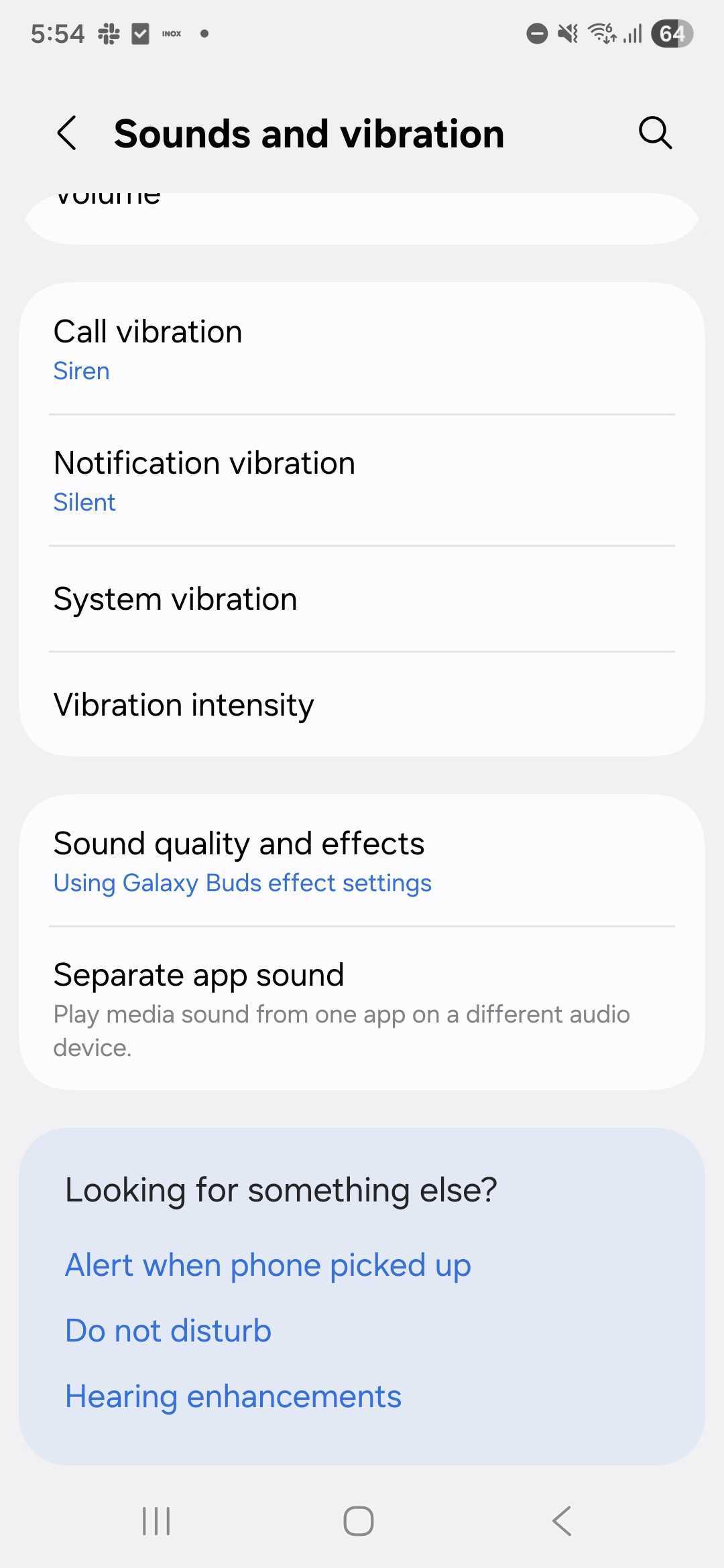If you’ve experienced brain fog at one time or another, you aren’t alone. It’s that vague feeling of mental sluggishness or fuzziness or a general inability to concentrate or focus. It’s often paired with deep feelings of fatigue, and it can be debilitating if it persists.
Brain fog isn’t a defined medical condition, because it has many causes and manifestations. In a lot of cases, experts believe, brain fog is a result of some form of neuroinflammation, which can occur for many reasons. It can be related to poor sleep or to drug use, or it can even be a side effect of prescribed medications. It may arise from stress or simple jet lag. Persistent and unexplained instances of brain fog have been associated with COVID-19, while other cases just take a good night’s sleep to resolve.

If you experience a persistent case of brain fog, it’s worth exploring many potential causes with your physician. However, one of the most immediate — and easiest to resolve — may be a simple lack of key brain-boosting vitamins. If your brain fog comes down to simple mineral or vitamin deficiency, there are four likely causes, which we’ll explore below.
What is a vitamin deficiency?
Vitamins are organic substances that are critical for your health. In fact, there are 13 vitamins you need consistently in order to survive. These 13 vitamins are critical for various bodily functions, from cell growth to immune support. Minerals, meanwhile, come from the earth. Although many of them aren’t essential for survival, numerous key minerals play a role in your health.
If you’re not getting enough of a specific vitamin on a regular basis, you may become vitamin deficient and begin to notice health problems as a result. A lack of vitamin C, for instance, was a well-known cause of scurvy in maritime days.
Although brain fog may not be as serious as a bad case of scurvy, it can be quite disruptive to your everyday life. The good news is that, if it’s a result of vitamin deficiency, you may be able to cure it rather quickly by adjusting your diet. If you’re seriously deficient in a specific brain-boosting vitamin, you may want to consider a supplement. However, note that you should always consult your doctor before adding a supplement to your diet.
4 vitamins and minerals you might be missing

Not all vitamins and minerals are crucial for brain health and function. If you’re experiencing constant brain fog or you’re always tired, it’s worth checking your diet for four in particular: vitamin B12, vitamin D, iron and magnesium.
Vitamin B12
Vitamin B12 is critical for cardiovascular and neurological health. Your body needs it to make red blood cells and develop healthy nerves, and it’s readily available in common food products such as dairy, eggs, meat and fortified foods.
Extreme vitamin B12 deficiency can lead to a condition called macrocytic anemia, which occurs when your body can’t produce enough healthy red blood cells because it is producing abnormally large red blood cells that cannot function properly. This results in poor oxygen flow to your body’s organs and tissues, leading to brain fog-related symptoms like weakness and fatigue, along with much more serious neurological problems. Even if you don’t develop anemia, B12 deficiency can cause confusion, memory troubles and depression.
To avoid brain fog from vitamin B12 deficiency, doctors recommend that adults get around 2.4 micrograms per day.
Vitamin D
Vitamin D is important for a variety of bodily functions and processes. It’s most notable for its role in building bone density: Severe vitamin D deficiency can cause various bone problems, including rickets in children.
However, vitamin D also plays an important — though only recently more studied — part in supporting cognitive function. Recent studies have shown a connection between vitamin D deficiency and several aspects of executive function, including processing speed and episodic memory. Patients have noted related symptoms such as fatigue and depression, as well.
Like other vitamins, doctors recommend a higher intake of vitamin D as you age. Most adults need around 600 international units per day. This is relatively easy to achieve during warm, sunny seasons, as your body naturally produces vitamin D from absorbing sunlight. During winter or other times when you’re not getting outside as much, you might consider other sources of vitamin D, such as fatty fish, egg yolks and fortified milk and cereals.
Iron
Iron deficiency is the most common cause of microcytic anemia. Iron is critical for the body’s production of hemoglobin, which your red blood cells use to transport oxygen. Long-term anemia can lead to very serious complications, and you should seek medical help to correct it.
However, even low-grade iron deficiency can lead to more immediate cognitive or neurological symptoms, such as fatigue, trouble concentrating or dizziness. Lack of iron has also been associated with memory and attention problems, as well as poor cognitive development in children.
Recommended iron intake differs between men and women, as women lose blood in menstruation and thus must obtain more iron during their menstruating years. While the typical adult man needs around 8 mgs per day, an adult woman aged 19 to 50 needs around 18 mgs per day. Good sources of iron include red meat, beans, nuts, dried fruit and fortified cereals.
Magnesium
Like iron, magnesium is another important mineral for various functions. It helps with over 300 chemical reactions in your body, affecting everything from muscle contractions to immune function.
Magnesium also affects cognitive function. One study among Qatari adults showed a strong correlation between magnesium deficiency and slower reaction times, for instance. It’s also been correlated with increased stress, a factor that can impact your ability to focus. If you’re always tired or otherwise feel weak, it could be a sign that you need more magnesium. Other common signs include shaking, muscle spasms or abnormal heart rhythms.
Recommendations for magnesium intake vary slightly for men and women. Adult men should aim for 400 to 420 mgs per day, while adult women need 310 to 320 mgs a day (and about 40 milligrams more during pregnancy). Good sources include pumpkin seeds, almonds, spinach, potatoes and fortified cereals.
Bottom line
Brain fog is a vague condition with many possible causes. Increasing your intake of these vitamins can help, but it’s not guaranteed to. Even if your inability to focus is a result of vitamin deficiency, it may be due to poor absorption in your body rather than inadequate intake. If you’re experiencing a chronic or persistent case of mental malaise, it’s important to talk to your doctor and rule out any potentially serious causes.







